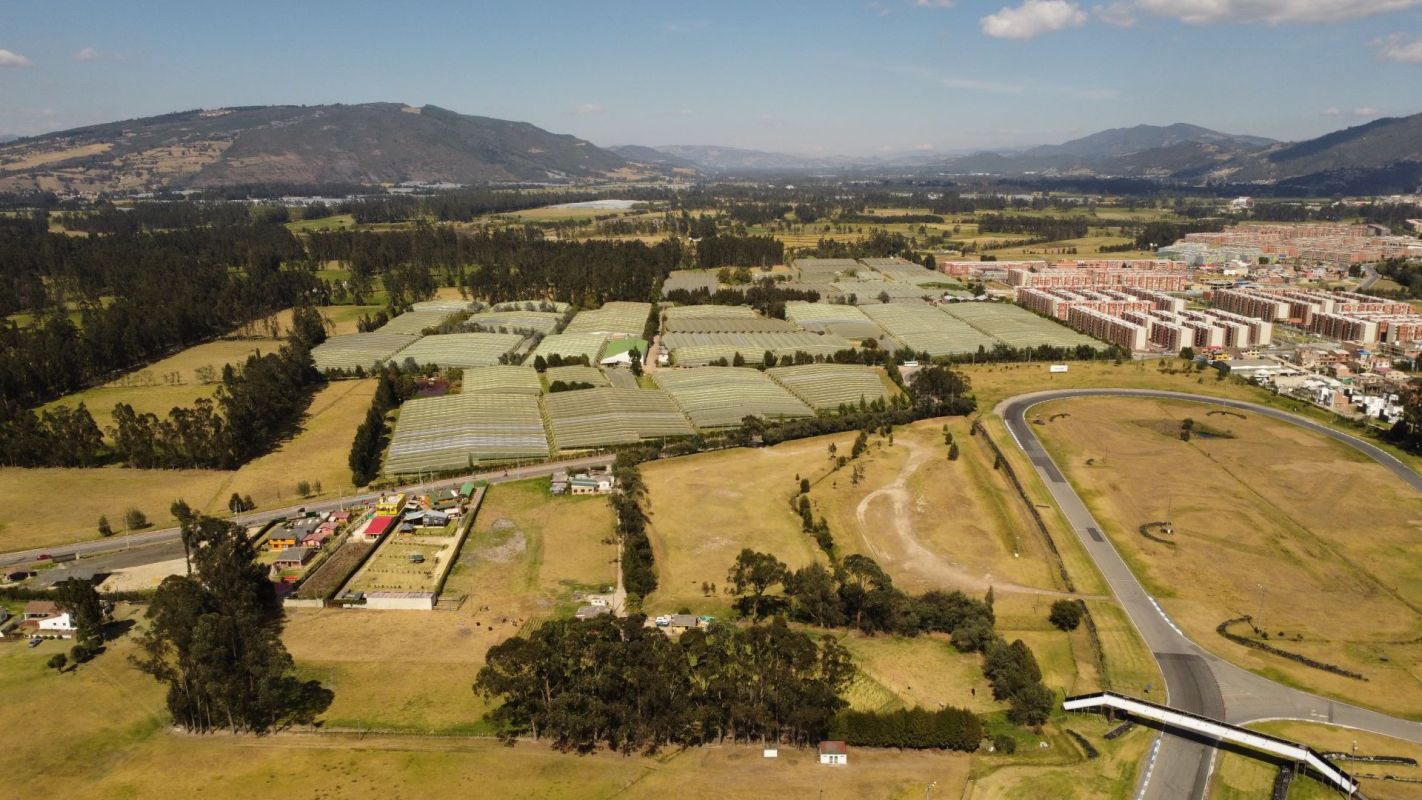Low reservoir levels in Colombia have led to water rationing in municipalities near the capital, and millions of people have been impacted.
What happened?
On April 8, Reuters reported that three reservoirs that supply the capital of Bogota with 70% of its water are at 16.9% capacity after the El Niño weather phenomenon brought high temperatures and droughts to the country at the end of 2023.
As a result, Bogota implemented a water rationing plan that affected nine regions and at least nine million people. Residents in certain zones will lose access to water for 24 hours at a time, and the cycle will start over every 10 days. Officials will reassess the strategy every two weeks.
"Let's not waste a drop of water in Bogota at this time," Bogota Mayor Carlos Galan said in a statement published by the outlet. "That will help us so that these restrictions can be lifted more quickly or reduced."
The reservoirs are reportedly at their lowest levels in decades.
Why is this concerning?
El Niño is a natural weather pattern that occurs every two to seven years, and it increases the risk of extreme weather. However, rising global temperatures caused by human activities appear to be intensifying this cycle.
"Until about 50 years ago, changes in solar radiation played a significant role in shaping El Niño patterns. From the 1970s onwards, however, we see clear signals that can only be attributed to the consequences of manmade climate change," said Paul Wilcox, the lead author of a study in Geophysical Research Letters, as reported by online magazine Yale Environment 360.
In addition to food and water shortages, extreme weather events have led to displacement, skyrocketing insurance costs, and exacerbated spread of disease.
What can be done about extreme weather?
Being prepared with a go bag can help you ride out an unexpected or severe weather event.
To avoid the worst long-term impacts of an overheating Earth, though, the scientific community recommends limiting planet-warming pollution — particularly by phasing out dirty-energy fuels like gas, oil, and coal.
Signing up for community solar is one way to begin reaping the benefits of clean energy, including lower electric bills and better air quality. If that isn't an immediate option, unplugging energy vampires can eliminate as much as 800 pounds of pollution annually.
Ditching single-use water bottles is another simple way to help the planet and your health, as most plastics are made from dirty fuels like motor oil and gasoline.
Join our free newsletter for cool news and cool tips that make it easy to help yourself while helping the planet.









